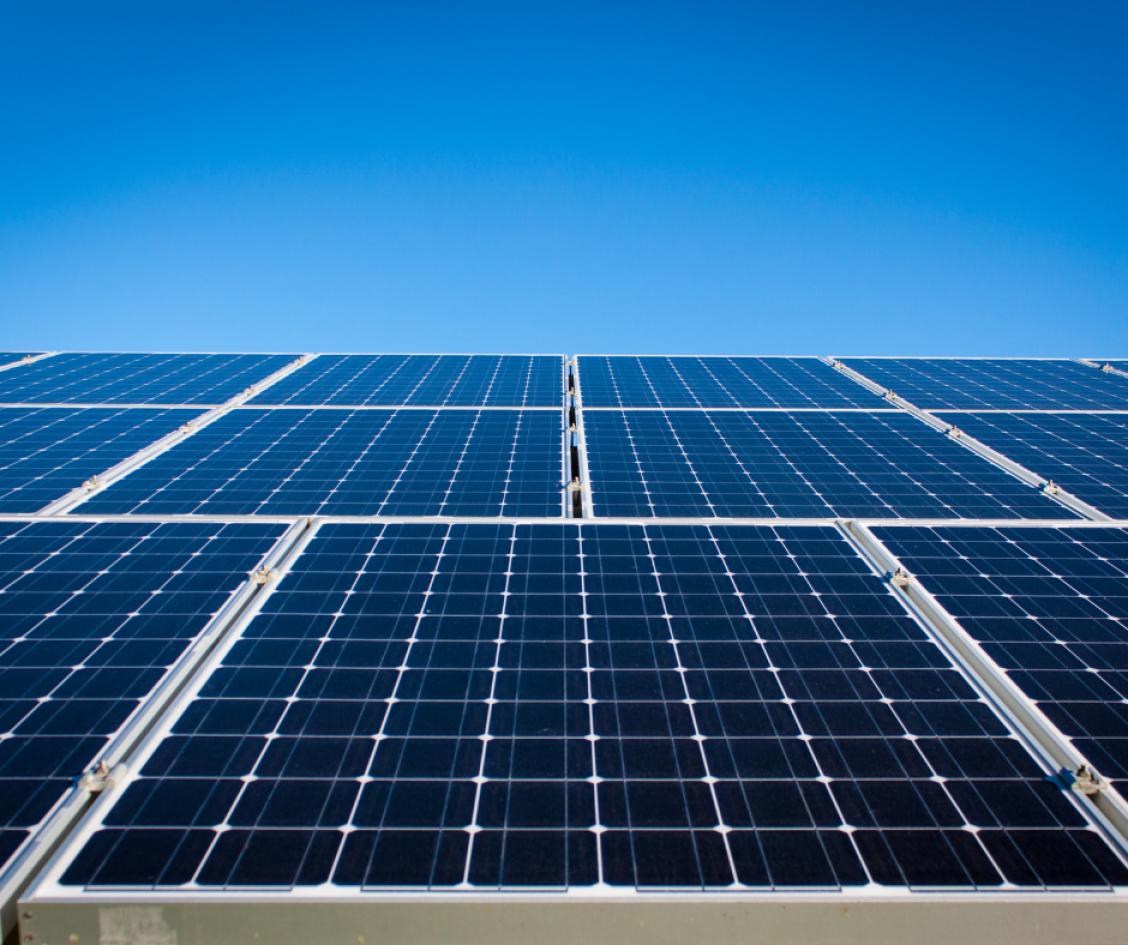Solar Trends in 2025

As renewable energy continues to gain momentum, 2025 is shaping up to be a transformative year for residential solar power. With advancements in technology, shifting costs, and growing incentives, homeowners are presented with a unique opportunity to invest in sustainable energy. Here, we explore the key trends shaping the solar industry in 2025 and what you need to consider before installation.
Advanced Solar Technology
Solar technology has made significant strides in recent years, and 2025 is no exception. Traditional solar panels are now more efficient than ever, with many systems surpassing 25% efficiency—a milestone that ensures greater energy output per square foot. Innovations like bifacial solar panels, which capture sunlight from both sides, are becoming mainstream, offering higher energy yields for the same footprint.
Solar shingles and tiles are also revolutionizing residential installations. These sleek, low-profile options integrate seamlessly into roofing designs, appealing to homeowners who prioritize aesthetics alongside energy efficiency. Additionally, smart inverters and energy management systems are enabling homeowners to monitor and optimize their solar performance in real-time. This level of control allows users to maximize energy production, minimize waste, and ensure compatibility with other smart home technologies.
Cost Dynamics and Affordability
While the initial cost of solar installation has traditionally been a barrier for many homeowners, 2025 brings promising news. The cost of photovoltaic cells and related components has continued to decline due to improvements in manufacturing and supply chain efficiencies. Additionally, economies of scale in the industry have made solar systems more accessible than ever.
Financing options are also evolving. Solar-as-a-service models, where homeowners pay a monthly fee instead of an upfront cost, are gaining popularity. These models, combined with long-term warranties and maintenance plans, make solar power an increasingly viable option for households on a budget. For those who choose to purchase systems outright, the investment pays off in reduced utility bills and increased property value.
Benefits of Solar Adoption
The environmental benefits of solar power remain a strong incentive for adoption. By switching to solar energy, homeowners can significantly reduce their carbon footprint and contribute to a more sustainable future. In 2025, advancements in battery storage are amplifying these benefits by allowing households to store excess energy and use it during peak hours or outages. This not only enhances energy independence but also provides added resilience during grid failures.
Financially, solar installations offer long-term savings. With energy prices expected to rise, locking in lower electricity costs through solar power can shield homeowners from volatile utility rates. Furthermore, properties with solar systems often sell at a premium, making solar a wise investment for those considering their home’s resale value.
Government Incentives and Policies
Governments worldwide are doubling down on their commitment to renewable energy, and 2025 brings a host of incentives for residential solar installations. In many regions, homeowners can benefit from tax credits, rebates, and net metering policies that offset installation costs and maximize returns. For example, extended federal tax credits in the U.S. allow homeowners to deduct a significant portion of their solar system’s cost from their taxes.
Net metering policies continue to be a major draw, enabling homeowners to sell excess energy back to the grid. While these policies vary by location, they often provide an additional revenue stream for solar adopters. It’s essential to stay informed about local and national programs, as they can substantially impact the overall affordability and financial benefits of your system.
#### Considerations Before Installation
Before diving into a solar project, homeowners should carefully evaluate their property’s suitability for solar energy. Factors like roof orientation, shading from nearby trees or structures, and the local climate play a crucial role in determining a system’s efficiency. Professional assessments can provide clarity on expected energy yields and help homeowners choose the right type of panels or shingles.
Another important consideration is choosing a reputable installer. With the growing demand for solar systems, the market has seen an influx of service providers. Homeowners should prioritize companies with strong track records, transparent pricing, and comprehensive warranties to ensure a seamless installation process and long-term support.
The solar industry in 2025 offers unprecedented opportunities for homeowners to embrace renewable energy. With cutting-edge technology, decreasing costs, and robust government incentives, there has never been a better time to go solar. By staying informed and carefully planning their installations, homeowners can reap the financial, environmental, and energy independence benefits that solar power provides.


